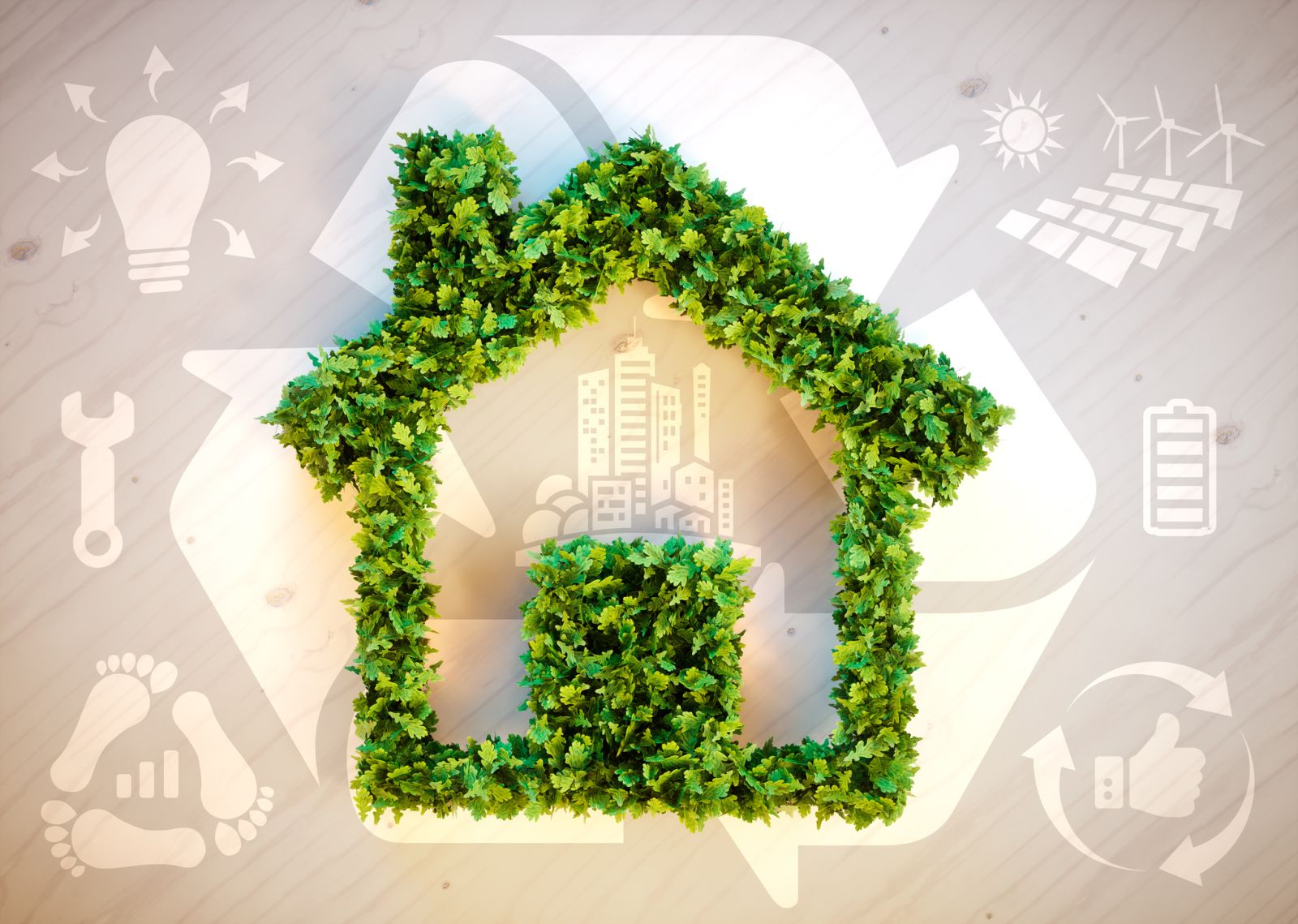
Do you want to know more about Trends in Sustainable Construction?
In the ever-evolving landscape of construction, sustainability has emerged as a defining principle shaping the industry"s future. As the world grapples with environmental concerns, the construction sector is undergoing a transformative shift towards more eco-friendly and energy-efficient practices.
In this blog post, we"ll delve into the latest trends in sustainable construction, highlighting innovations that promise to redefine the way we build for a greener tomorrow.
.jpg)
1. Green Building Materials:
A significant trend in sustainable construction revolves around the use of eco-friendly building materials. Traditional materials like concrete and steel have substantial environmental footprints. The industry is now turning to alternatives such as recycled steel, engineered wood, bamboo, and even innovative materials like mycelium-based products. These materials not only reduce the reliance on scarce resources but also minimize the carbon footprint associated with construction.
2. Energy-Efficient Design:
Energy efficiency is a key focus in sustainable construction trends. Buildings are now designed to optimize natural light, improve insulation, and incorporate smart technologies for efficient energy use. The integration of solar panels, wind turbines, and advanced HVAC systems ensures that structures are not just consumers but contributors to clean energy.
3. Sustainable Urban Planning:
The shift towards sustainability extends beyond individual buildings to encompass entire urban planning strategies. Cities are increasingly adopting sustainable urban development practices, emphasizing mixed-use spaces, green infrastructure, and public transportation. This holistic approach aims to create environmentally conscious and livable urban environments.
4. Zero Net Energy Buildings:
The concept of Zero Net Energy (ZNE) buildings is gaining momentum. These structures generate as much energy as they consume, leveraging renewable sources to meet their energy needs. With advancements in solar and wind energy technology, ZNE buildings represent a paradigm shift towards self-sufficiency and reduced reliance on conventional energy grids.
5. Prefabrication and Modular Construction:
Prefabrication and modular construction methods are making waves in sustainable building practices. These methods reduce construction waste, enhance efficiency, and minimize the environmental impact associated with traditional on-site building processes. Off-site fabrication allows for precise manufacturing, resulting in less material waste and faster construction timelines.
6. Water Conservation Strategies:
Water scarcity is a pressing global concern, making water conservation a crucial aspect of sustainable construction. From the use of low-flow plumbing fixtures to innovative rainwater harvesting systems, sustainable buildings are adopting water-efficient technologies to minimize consumption and promote responsible water use.
7. Green Certifications and Standards:
The demand for sustainability has led to the establishment of various green building certifications and standards. LEED (Leadership in Energy and Environmental Design) and BREEAM (Building Research Establishment Environmental Assessment Method) are examples of widely recognized certifications that encourage and recognize sustainable construction practices. Builders and developers are increasingly striving to attain these certifications to showcase their commitment to environmental responsibility.

Conclusions about Trends in Sustainable Construction
As sustainability takes center stage in the construction industry, the trends mentioned above reflect a collective commitment to building a greener, more resilient future. From innovative materials to energy-efficient designs and sustainable urban planning, the construction sector is embracing a holistic approach to minimize its environmental impact. By staying abreast of these trends, stakeholders in the construction industry can contribute to a more sustainable and environmentally conscious built environment.
As we navigate the challenges of the 21st century, the integration of these trends will not only redefine the way we construct our world but also pave the way for a more sustainable and harmonious coexistence with the planet.

